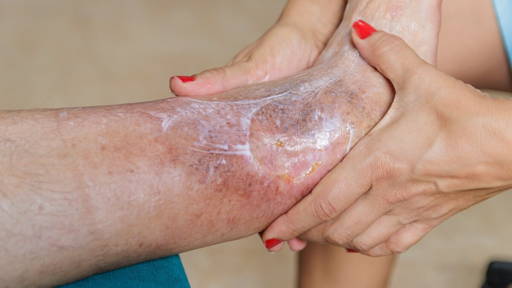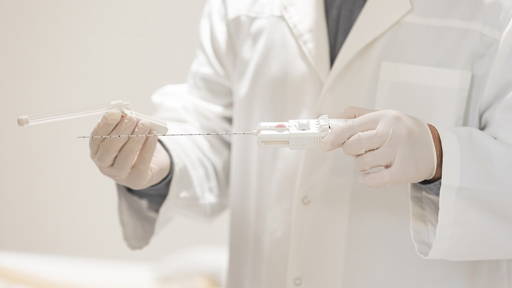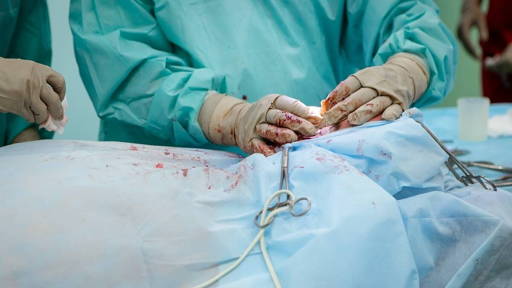Brazilian researchers and medtech innovators are redefining the future of implants and regenerative healing. New smart biomaterials developed by the startup Extremus Smart Surfaces can transform conventional medical implants into intelligent devices that interact with human cells, accelerating tissue regeneration and dramatically lowering failure rates.
The innovation stems from a pressing clinical need. A study at the University of São Paulo’s Hospital das Clínicas found that over 30% of hip and knee implant patients experience complications within a month after surgery, while dental implants show failure rates of up to 7%. These complications often lead to longer recovery times, repeated surgeries, and additional healthcare costs.
Extremus Smart Surfaces addresses this challenge using nanostructured surface engineering. By altering the microscopic texture of implant materials, the company enables better biological integration between the implant and surrounding tissue. “We optimize the biological interaction between the material and the body,” explains founder Diego Pedreira de Oliveira. “The surface may look unchanged to the eye, but at the cellular level, it accelerates healing and strengthens attachment.”
A new generation of implant design
Unlike traditional implants, which have smooth or randomly rough surfaces, Extremus applies a precisely engineered nanotopography. This microscopic pattern guides cell behavior, encouraging stem cells to transform into bone-forming osteoblasts and promoting stronger fixation. Preclinical tests showed significantly improved bonding between bone and implant.
The results align with international research demonstrating that surface texture directly influences implant integration and healing speed. “Our studies with human bone marrow stem cells confirm this effect,” says Oliveira. “When they contact our surface, they start producing bone faster.”
Broad medical potential
The startup’s technology can be applied across three major areas: dental, orthopedic, and cardiovascular implants. Interestingly, the cardiovascular sector, where device failure carries the highest risk, has shown the strongest interest.
In Brazil alone, over 800,000 dental implants are performed each year. While most are successful, improved biological compatibility can further enhance patient outcomes and recovery. The patented Extremus process is not a standalone product but a surface transformation that can be applied to existing implant designs from partner manufacturers. Each application undergoes approval by ANVISA, Brazil’s health regulator.
Toward faster, safer recovery
Extremus’s technology marks a shift in how implants are perceived. “Implants are no longer just mechanical fixations,” Oliveira explains. “They’re biological interfaces that can actively promote healing.”
As aging populations drive up demand for implants, the potential impact of this technology grows. By reducing complications and recovery time, Extremus Smart Surfaces could significantly improve postoperative outcomes, helping patients regain mobility and quality of life sooner.
With international expansion plans underway, Extremus aims to position Brazil as a key player in the global medtech landscape. “We chose an English name because from day one, we’ve thought globally,” says Oliveira. “Innovation doesn’t stop at borders, and neither should healing.”







